Dive Brief:
- GE Healthcare and Hologic have used a radiology meeting to push their artificial intelligence capabilities this week, presenting technologies designed to improve diagnostic workflows.
- BTIG analysts spoke to both companies at the Radiological Society of North America’s annual meeting. The analysts said that GE HealthCare management believes AI can help clinicians and radiologists do their jobs better, which is important due to the “ongoing shortage of radiologists and the high rates of burnout.”
- The analysts also shared an upbeat update from GE HealthCare, which said hospitals have become more optimistic about capital budgets for next year, and there is no lingering impact from China’s anti-corruption campaign.
Join the thousands of healthcare industry leaders who read Healthcare Dive’s Daily Dive to stay on the pulse of the latest healthcare news and what it means for the industry.
Dive Insight:
GE HealthCare and Hologic have both invested in AI to enhance their offerings to radiologists in recent years. In February, GE HealthCare disclosed an agreement to buy Caption Health, a provider of AI that assists in conducting ultrasound scans, in a deal later revealed to be worth $127 million upfront. The BTIG analysts shared their thoughts on the technology after visiting GE HealthCare’s booth at the event.
“We saw the power of Caption Health and the value additive features it offers on cardiac ultrasound applications. Within 6 months of the acquisition, [GE HealthCare] has integrated Caption Health’s technology into their own ultrasound equipment,” the analysts wrote in a note to investors. “The features are primarily used in ERs but we would expect to see the features move to other ultrasound areas over time.”
GE HealthCare’s management identified four applications for AI in radiology: improved image quality, enhanced user capabilities and efficiency, diagnosis and quality control. The technology could boost productivity, according to the analysts, particularly in ultrasound.
Hologic used the event to promote its Genius AI Detection 2.0 solution, deep-learning technology for flagging potential breast cancer cases. The company has linked the technology to a more than 70% reduction in false-positive markings per case compared to its own ImageChecker CAD solution.
“Version 1.0 used machine learning algorithms back in 2003 but it had to teach the software what to look for,” the BTIG analysts wrote. “Today, with Version 2.0 deep-learning capabilities allow fellowship trained radiologists to enter and mark up a few mammography images and the software can learn just from looking at prior data and the software goes pixel by pixel.”
Away from AI, GE HealthCare provided a broader update on some of the macroeconomic forces that will shape its financial results, and those of its peers, in the coming quarters. The company’s internal survey data suggests hospitals are becoming more optimistic about their capital budgets, a change that could drive purchases of imaging equipment, and management was encouraged by a recent trip to China.
GE HealthCare grew revenue year over year by 5% to $4.8 billion in the third quarter, despite hospitals operating with more constrained budgets and China’s anti-corruption campaign.
©️ medtechdive.com

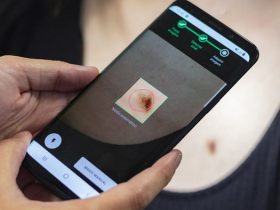



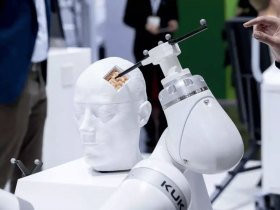










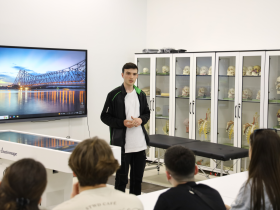



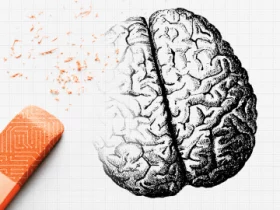

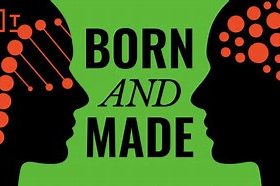





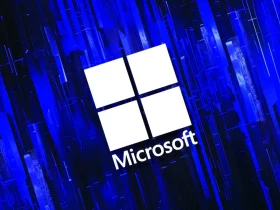
Leave a Reply